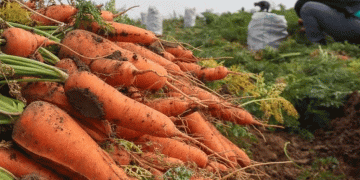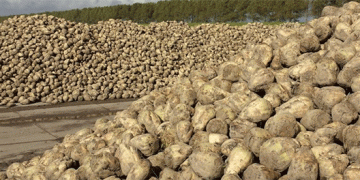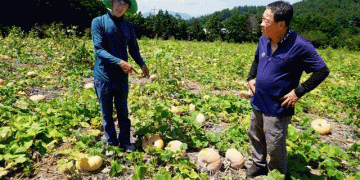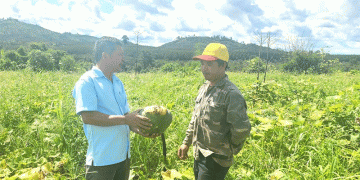On November 18, 2024, CNN reported that the U.S. Centers for Disease Control and Prevention (CDC) is investigating an outbreak of Escherichia coli (E. coli) linked to organic carrots from Grimmway Farms, California. This outbreak has already impacted 39 people since September, with 15 hospitalizations and one death.
Grimmway Farms, one of the largest carrot producers, issued a recall for affected products, including organic baby carrots and full-sized organic carrots with recommended “best by” dates ranging from August 14 to November 12, 2024. These products were sold under various retail brands, such as Trader Joe’s, Sprouts, and Wegmans. Despite recalls, consumers might still possess contaminated products, as warned by Grimmway Farms and the CDC.
Understanding the Contamination
E. coli, a bacterium commonly found in the intestines of humans and animals, can sometimes be pathogenic, causing illnesses ranging from diarrhea to severe kidney damage. In agricultural settings, contamination often occurs due to:
- Improper composting of manure.
- Contaminated irrigation water.
- Poor handling practices during harvesting, processing, or packaging.
Organic produce, though highly valued for its minimal pesticide use, is not immune to contamination risks. The challenges include ensuring robust food safety standards while maintaining organic certification requirements.
The Larger Implications
This outbreak underlines systemic vulnerabilities in the farm-to-table supply chain. For agricultural producers, the implications are clear: stricter monitoring of potential contamination sources is essential. This includes testing soil, water, and equipment, and implementing traceability protocols to identify affected batches swiftly.
According to USDA data, fresh produce recalls due to E. coli, Salmonella, and Listeria have increased by 17% over the past decade, correlating with a growing demand for organic and minimally processed foods.
Preventive Measures for Farmers and Agronomists
- Enhanced Hygiene Practices: Train workers on proper hygiene and equipment sanitation to reduce contamination risks.
- Water Testing: Regularly test irrigation water for pathogens.
- Traceability Systems: Implement digital traceability systems to track produce from farm to retailer.
- Regular Audits: Conduct third-party safety audits to ensure compliance with food safety standards.
- Consumer Awareness: Educate buyers about proper handling and storage to minimize risks post-purchase.
This outbreak highlights the critical need for vigilance in agricultural practices to ensure consumer safety and maintain trust in the organic food market. By adopting proactive measures and robust traceability systems, the industry can mitigate risks and respond swiftly to potential crises.
For producers and agronomists, this serves as a stark reminder of the delicate balance between meeting organic standards and upholding stringent food safety protocols.


































